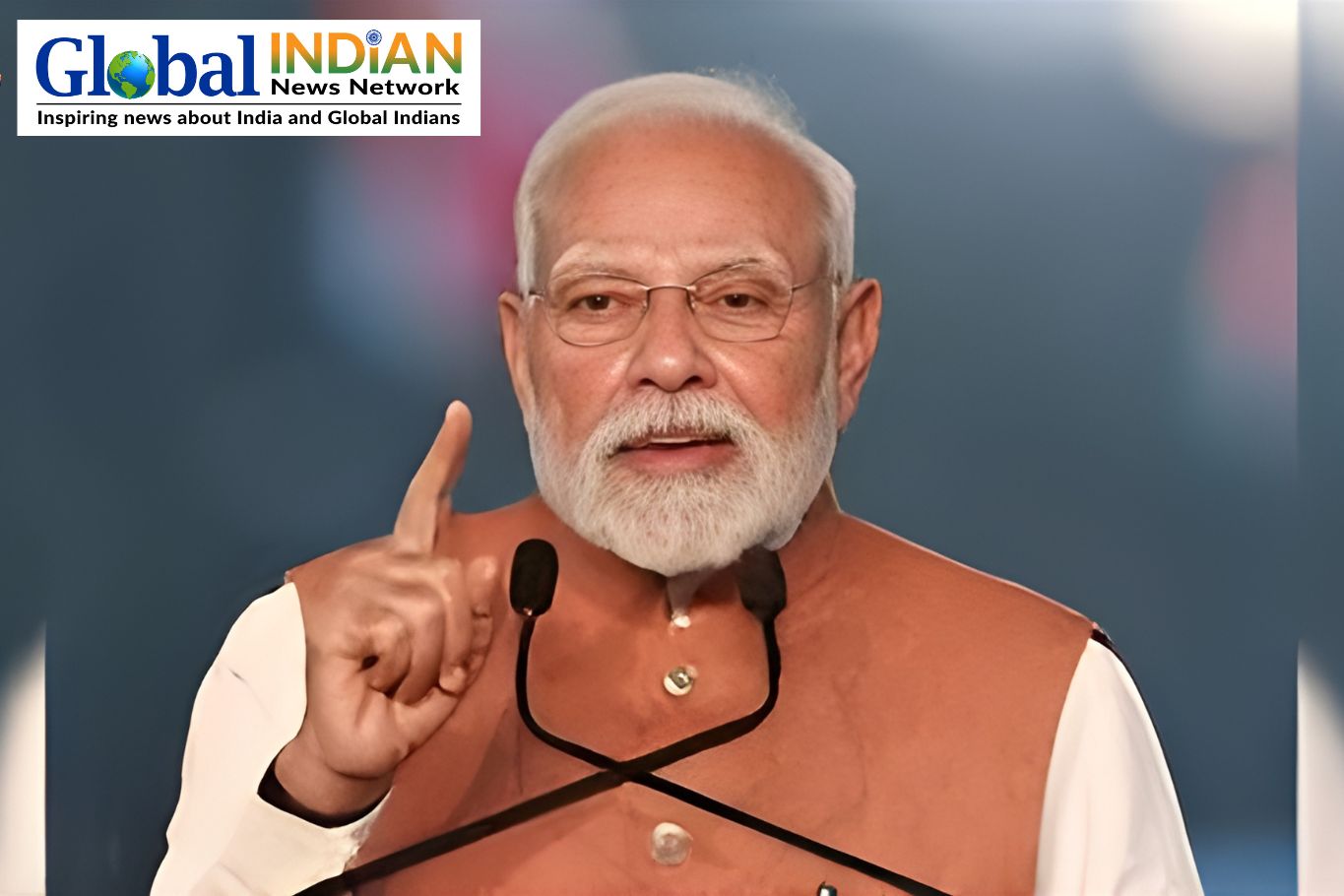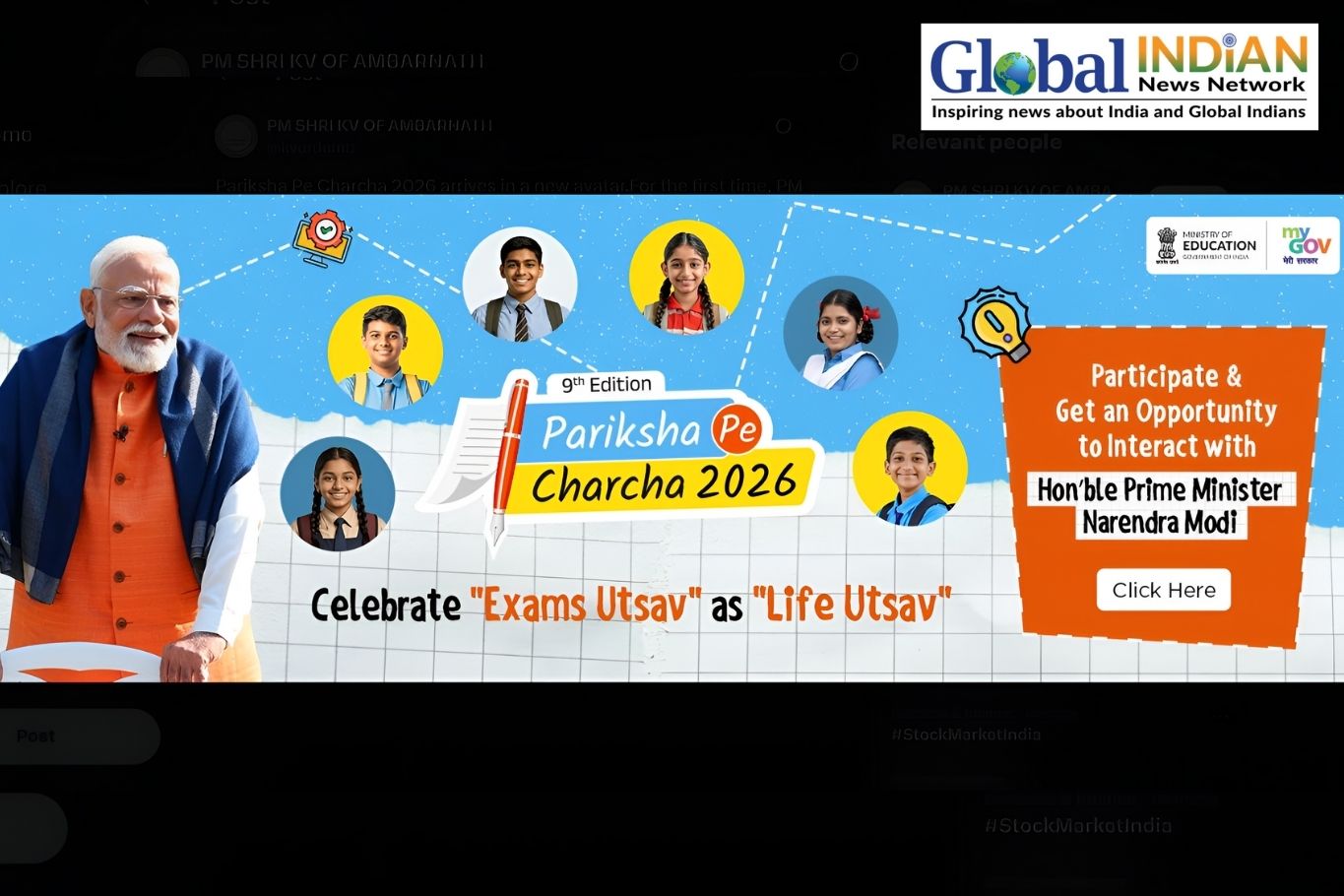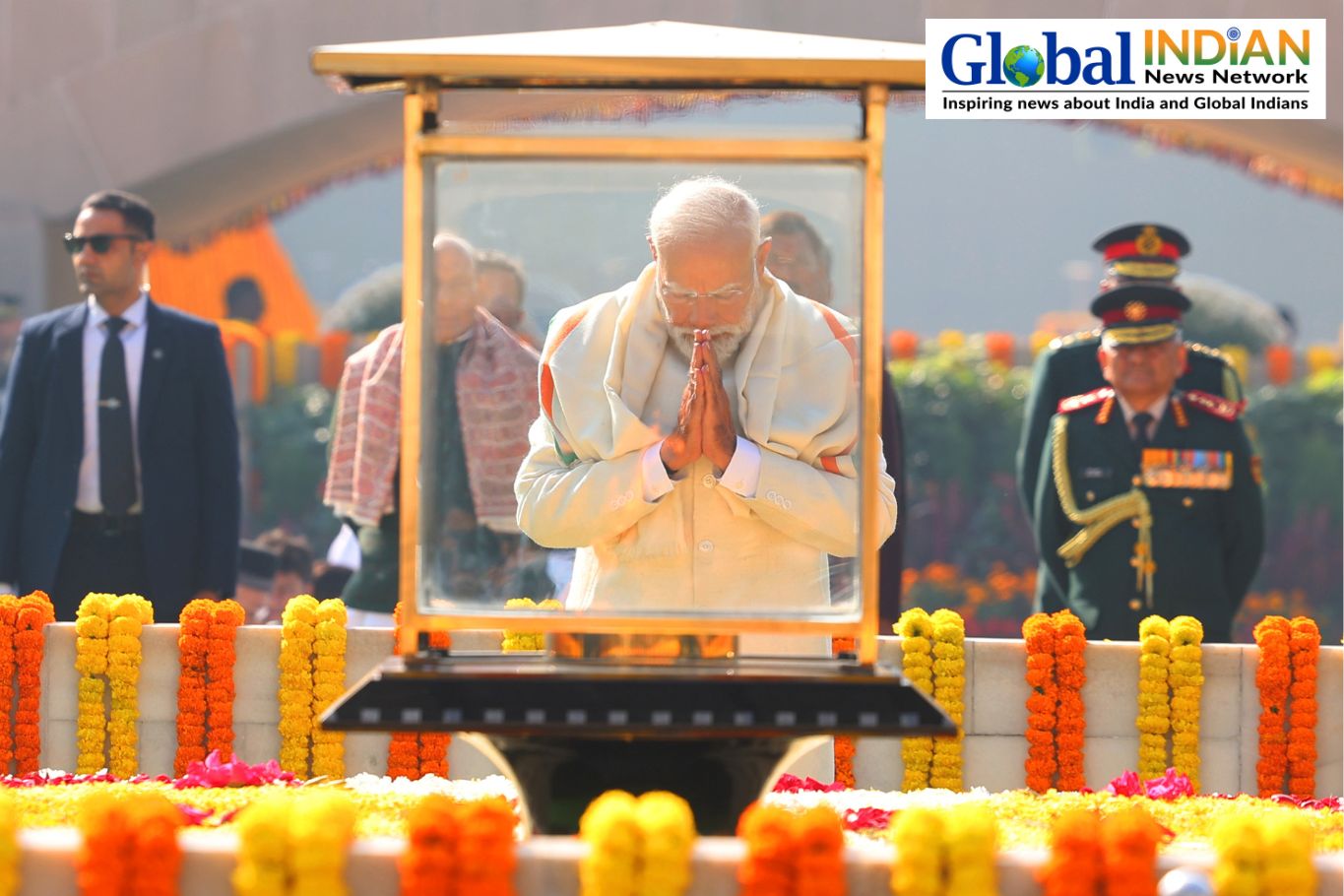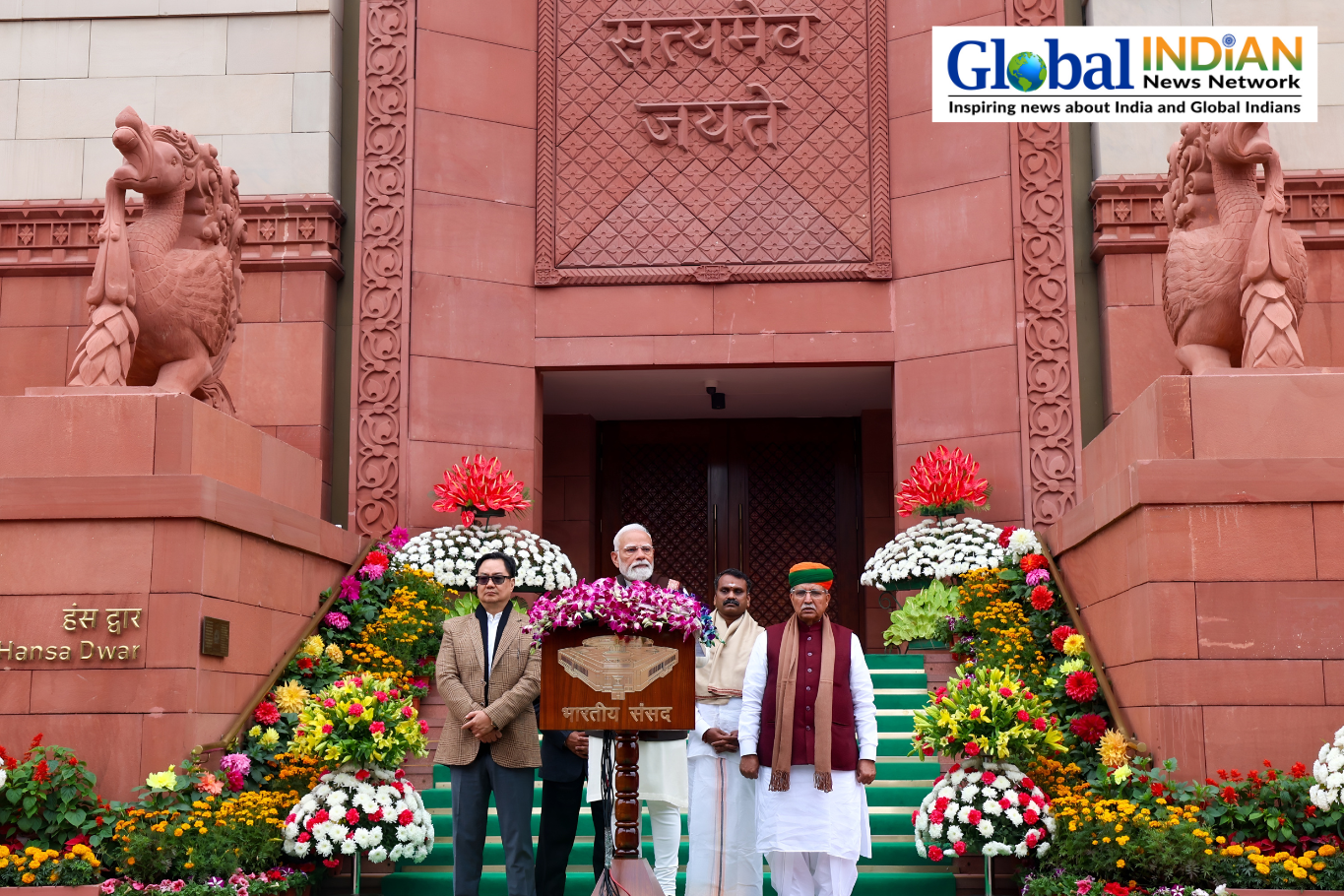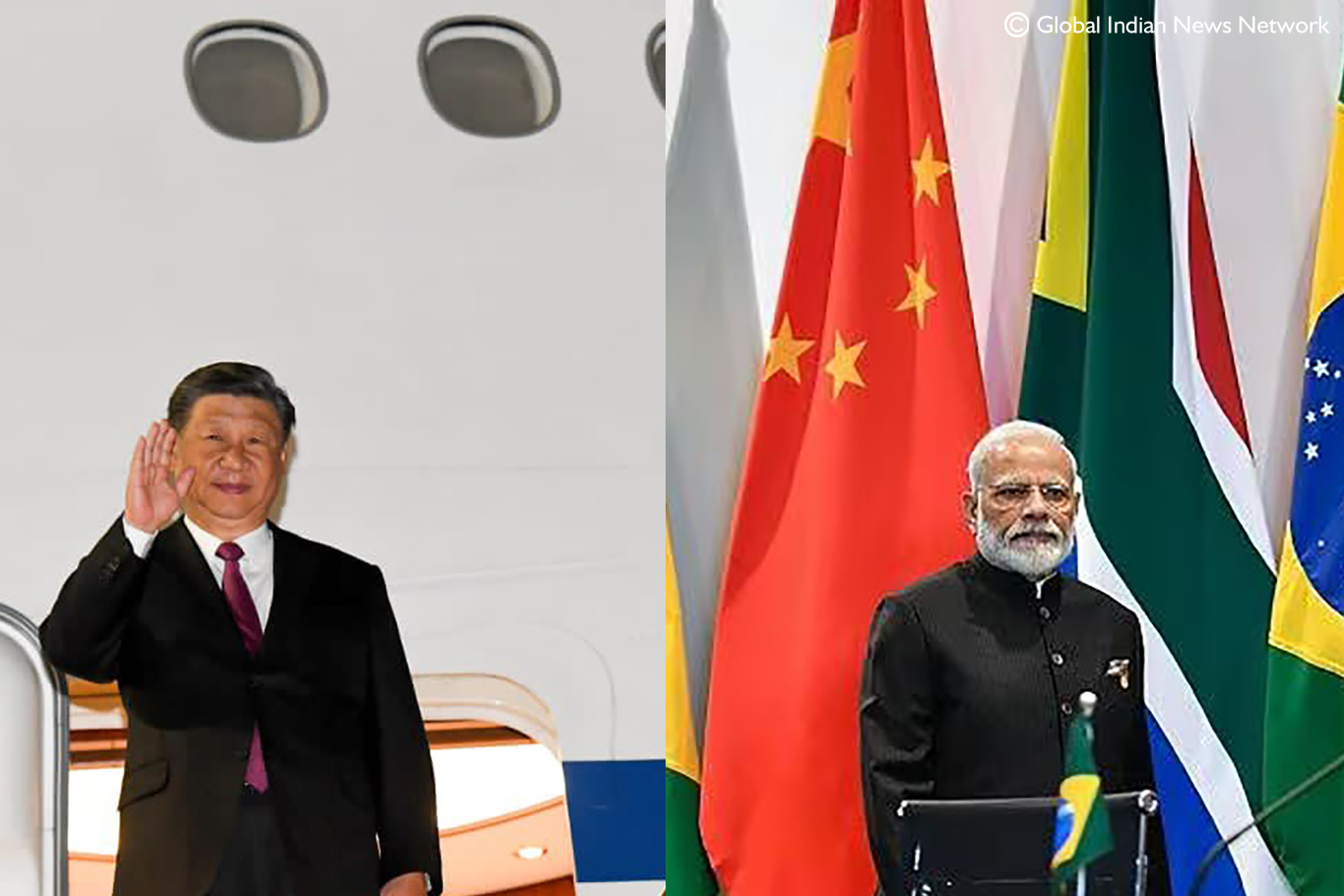 As Prime Minister Narendra Modi departs for the BRICS summit in Johannesburg, all attention is focused on a potential meeting between him and Chinese President Xi Jinping. This would mark their first planned bilateral interaction since the border standoff emerged in May 2020. While officials haven’t ruled out the possibility, they acknowledge that the schedule is still evolving.
As Prime Minister Narendra Modi departs for the BRICS summit in Johannesburg, all attention is focused on a potential meeting between him and Chinese President Xi Jinping. This would mark their first planned bilateral interaction since the border standoff emerged in May 2020. While officials haven’t ruled out the possibility, they acknowledge that the schedule is still evolving.
The BRICS summit, happening in-person after three years of virtual gatherings, is addressing the expansion of the group as a major agenda item. Approximately 23 countries have reportedly applied for membership in BRICS. Foreign Secretary Vinay Mohan Kwatra stated that India maintains a positive stance and an open outlook on BRICS expansion, with discussions on new member inclusion being held among the Sherpas of the grouping.
Russian President Vladimir Putin won’t be present at the summit, but his Foreign Minister Sergey Lavrov will participate. Modi’s attendance is scheduled from August 22 to 24. His engagements include participation in the BRICS Business Forum leaders’ dialogue, a BRICS Leaders’ Retreat, and plenary sessions discussing intra-BRICS matters, multilateral system reform, and counter-terrorism.
This in-person BRICS summit holds significance as it offers an opportunity for Indian and Chinese leaders to engage after the prolonged border standoff. Nevertheless, resolution on troop disengagement in eastern Ladakh must be reached between military commanders.
On August 24, Modi will attend the “BRICS – Africa Outreach and BRICS Plus Dialogue” event, addressing concerns and priorities of the Global South with a focus on partnership with Africa.
Subsequent to his South Africa tour, Modi will undertake an official excursion to Greece on August 25, in light of an invitation extended by Prime Minister Kyriakos Mitsotakis. The Foreign Secretary noted that this visit would mark the first by an Indian Prime Minister to Greece in 40 years. Discussions with Mitsotakis will explore deepening ties, including maritime transport, defense, trade, investments, and people-to-people connections.
The MEA emphasized the strong civilizational ties between India and Greece, which have seen recent growth across various sectors. Greece’s maritime prowess makes discussions on security and defense cooperation crucial, encompassing training, joint development, and co-production.

